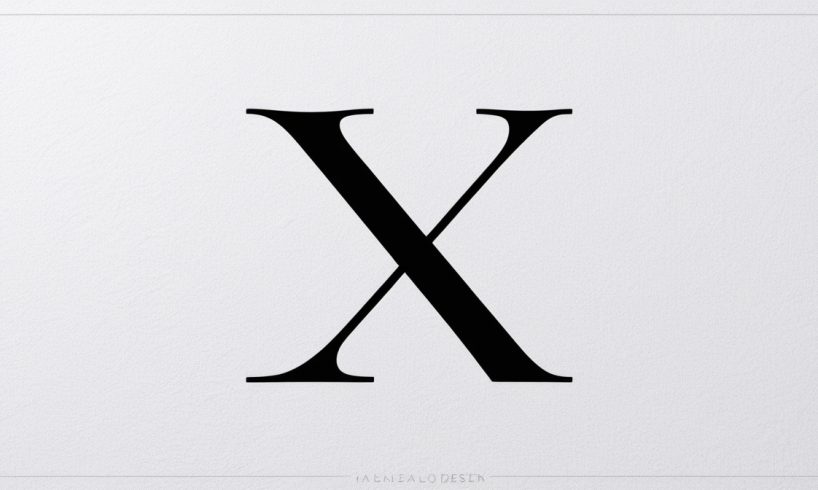
Social media platform X (formerly known as Twitter) has blocked access to approximately 8,000 accounts in India, complying with directives issued by the Indian government. The move has sparked renewed debate over the balance between national security and freedom of expression on digital platforms.
According to sources familiar with the matter, the government order was issued under Section 69A of the Information Technology Act, which empowers authorities to direct platforms to take down content that threatens the sovereignty, integrity, or security of India. The blocked accounts are believed to be associated with content deemed provocative or misleading, particularly in the context of ongoing regional tensions and domestic unrest.
An official from the Ministry of Electronics and Information Technology (MeitY), speaking on condition of anonymity, confirmed that the accounts were flagged for “spreading misinformation, inciting communal disharmony, and promoting anti-national sentiments.” The government has not released the specific names of the blocked accounts, citing national interest and legal confidentiality.
In a brief statement, X acknowledged the action, stating, “In compliance with legal requests from the Indian government, we have restricted access to a number of accounts and posts in India. While we strive to preserve freedom of expression, we are also obligated to adhere to local laws where we operate.”
Critics, however, have raised concerns over transparency and the potential misuse of such sweeping powers. Several digital rights activists and opposition leaders accused the government of stifling dissent and curbing press freedom under the pretext of national security.
“This is a clear example of overreach,” said Apar Gupta, executive director of the Internet Freedom Foundation (IFF). “Without public disclosure and judicial oversight, such actions undermine democratic accountability and chill free speech.”
This incident adds to a growing list of content moderation challenges X has faced in India, one of its largest user bases globally. Under Elon Musk’s ownership, the platform has reiterated its commitment to minimal intervention in speech, but it has also faced criticism for capitulating to governmental pressure in key markets.
Legal experts argue that platforms like X are stuck between a rock and a hard place — balancing their global commitment to open discourse with the increasingly assertive regulatory frameworks of sovereign nations.
With general elections approaching in several Indian states, observers believe that social media regulation is likely to become an even more contentious issue. Civil society groups are urging the government to adopt clearer guidelines and stronger transparency mechanisms to ensure that such content takedown actions are proportionate and justified.
As the debate intensifies, the broader question remains: how can democracies reconcile the imperative of national security with the foundational right to free speech in the digital age?

I am a person who is positive about every aspect of life.I have always been an achiever be it academics or professional life. I believe in success through hard work & dedication.
Technology Blogger at TechnoSecrets.com






